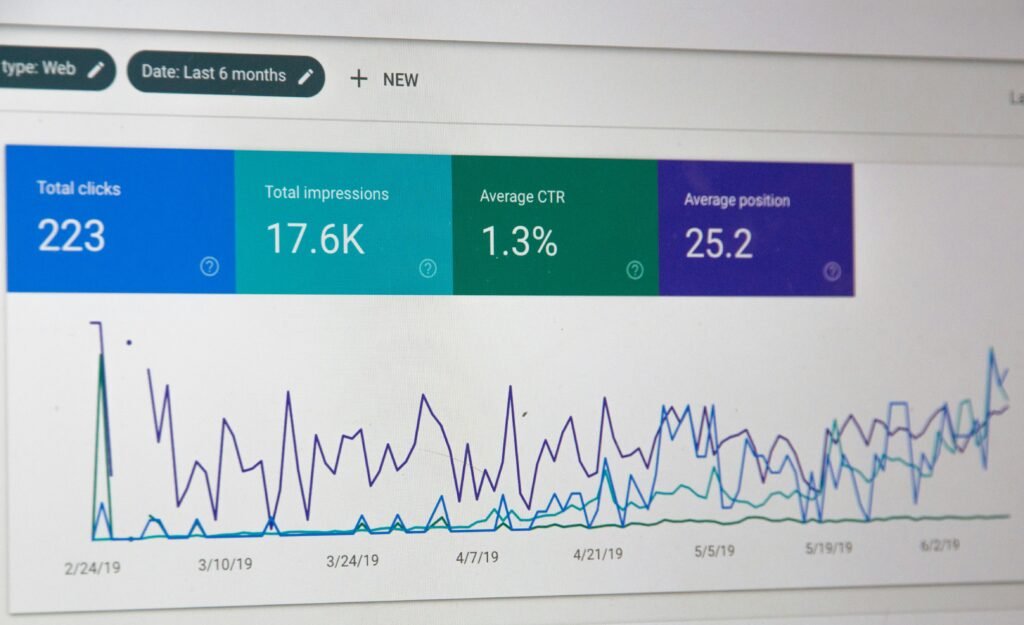Welcome to the world of affiliate marketing! If you’re wondering how long it takes to start making money with this popular online business model, you’re not alone. Many people are attracted to the idea of earning passive income through affiliate marketing, but are unsure of how quickly they can see results. In this article, we’ll explore the factors that can impact your success in affiliate marketing and give you a realistic timeline for when you can start to see those earnings rolling in. So, sit back, relax, and let’s dive into the world of affiliate marketing together! How Long Does It Take To Start Making Money With Affiliate Marketing?
Introduction
Welcome to the world of affiliate marketing! If you’re wondering how long it takes to start making money with affiliate marketing, you’re in the right place. In this article, we’ll explore the various factors that influence the timeline for earning income through affiliate marketing. From building your platform to attracting traffic and converting leads, we’ll cover it all.
What is Affiliate Marketing?
Affiliate marketing is a performance-based marketing strategy where a business rewards affiliates for promoting their products or services and sending traffic to their website. As an affiliate marketer, you earn a commission for every sale or lead generated through your unique affiliate link.

Building Your Platform
Before you can start making money with affiliate marketing, you need to build a solid foundation for your business. This includes creating a website or blog, selecting a niche, and choosing affiliate programs to join.
Setting Up Your Website
Setting up a website is the first step towards becoming a successful affiliate marketer. Your website will serve as your online storefront, where you promote products and share valuable content with your audience. Choose a user-friendly platform like WordPress and select a reliable web hosting service to ensure optimal performance.
Choosing a Niche
Selecting a niche is crucial for affiliate marketing success. Your niche should be a topic that you are passionate about and have expertise in. By choosing a niche that aligns with your interests, you’ll be more motivated to create content and engage with your audience.
Joining Affiliate Programs
Once you’ve identified your niche, it’s time to join affiliate programs that offer products or services related to your niche. Research various affiliate networks like Amazon Associates, ClickBank, and ShareASale to find programs that align with your interests. Choose affiliate programs that offer competitive commissions and have a solid reputation in the industry.

Attracting Traffic
After you’ve set up your platform and selected affiliate programs, it’s time to focus on attracting traffic to your website. Without a steady flow of visitors, you won’t be able to generate sales or leads through your affiliate links.
Creating Quality Content
Content is king in the world of affiliate marketing. To attract traffic to your website, you need to create high-quality, engaging content that provides value to your audience. Write blog posts, create videos, and share informative guides that address the needs and interests of your target market.
Search Engine Optimization (SEO)
Optimizing your content for search engines is essential for driving organic traffic to your website. Conduct keyword research to identify relevant keywords for your niche and incorporate them into your content to improve your website’s visibility in search engine results. Focus on creating informative, keyword-rich content that addresses common questions and concerns within your niche.
Social Media Marketing
Utilize social media platforms like Facebook, Instagram, and Twitter to promote your affiliate products and engage with your audience. Create compelling social media posts, run targeted ad campaigns, and engage with followers to drive traffic to your website and increase your affiliate sales.

Converting Leads
Once you’ve attracted traffic to your website, the next step is converting leads into sales. Conversion rate optimization is key to maximizing your affiliate marketing earnings and turning your website visitors into paying customers.
Building Trust with Your Audience
Building trust with your audience is essential for converting leads into sales. Be transparent about your affiliate relationships, disclose any sponsored content, and provide honest product reviews to establish credibility with your audience. Focus on providing value and addressing the needs of your audience to build trust and loyalty over time.
Creating Compelling Calls-to-Action
Encourage your website visitors to take action by creating compelling calls-to-action (CTAs) that prompt them to click on your affiliate links. Use persuasive language, appealing visuals, and clear instructions to guide your audience towards making a purchase or signing up for a service. Experiment with different CTAs to see which ones resonate with your audience and drive conversions.
A/B Testing
A/B testing is a powerful tool for optimizing your affiliate marketing efforts and increasing your conversion rates. Test different landing pages, CTAs, and promotional strategies to see which ones drive the best results. Analyze your data, make adjustments based on your findings, and continue to refine your approach to maximize your affiliate earnings.

Tracking Your Results
Tracking your results is essential for monitoring your progress, identifying areas for improvement, and optimizing your affiliate marketing strategy. Utilize tracking tools and analytics platforms to measure key performance indicators (KPIs) and track the effectiveness of your campaigns.
Key Performance Indicators (KPIs)
Key performance indicators (KPIs) are metrics that you can use to evaluate the success of your affiliate marketing campaigns. Common KPIs include click-through rates, conversion rates, and average order value. Monitor these metrics regularly to assess the performance of your campaigns and make data-driven decisions to improve your results.
Analytics Platforms
Utilize analytics platforms like Google Analytics to track your website traffic, user behavior, and conversion rates. Set up goals and track events to measure the effectiveness of your affiliate marketing efforts and identify opportunities for optimization. Analyze your data, generate reports, and use insights to refine your strategy and achieve your affiliate marketing goals.

Conclusion
In conclusion, the timeline for making money with affiliate marketing varies depending on various factors, including your niche, website traffic, and conversion rates. By building a solid platform, attracting traffic, converting leads, and tracking your results, you can maximize your affiliate earnings and achieve success in the field of affiliate marketing. Keep experimenting, testing new strategies, and optimizing your approach to maximize your earning potential. With dedication, perseverance, and a strategic mindset, you can start making money with affiliate marketing in a reasonable timeframe. Good luck on your affiliate marketing journey!

